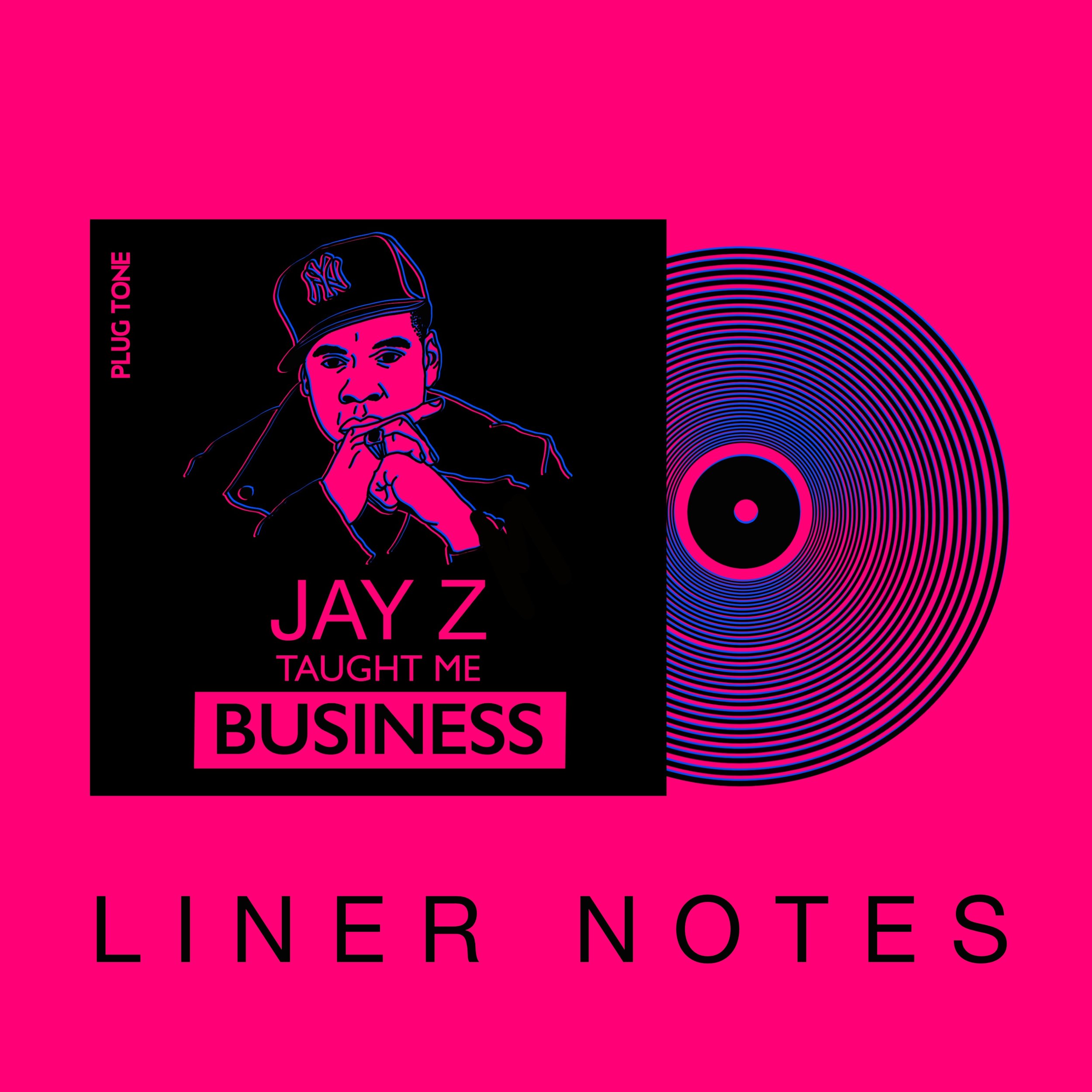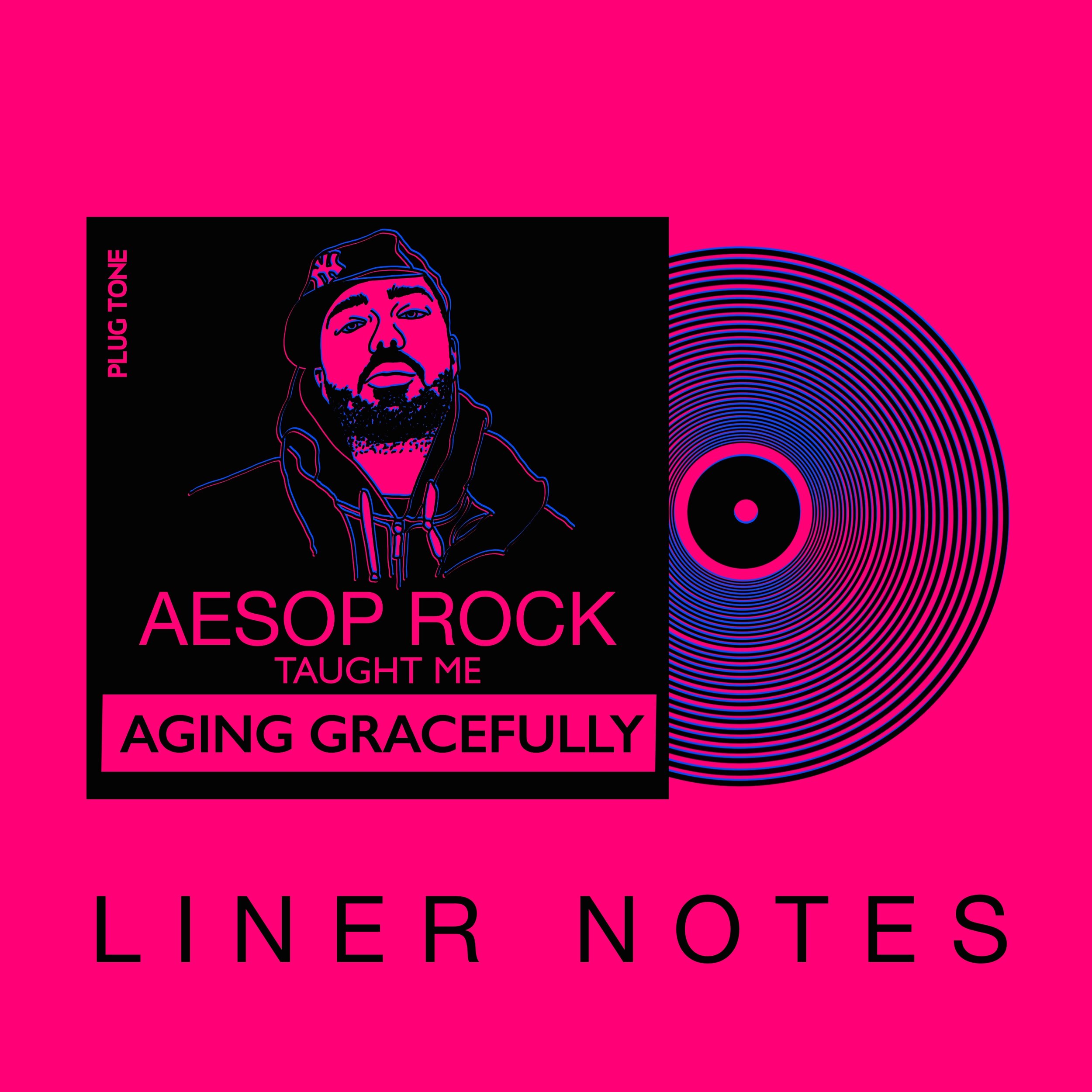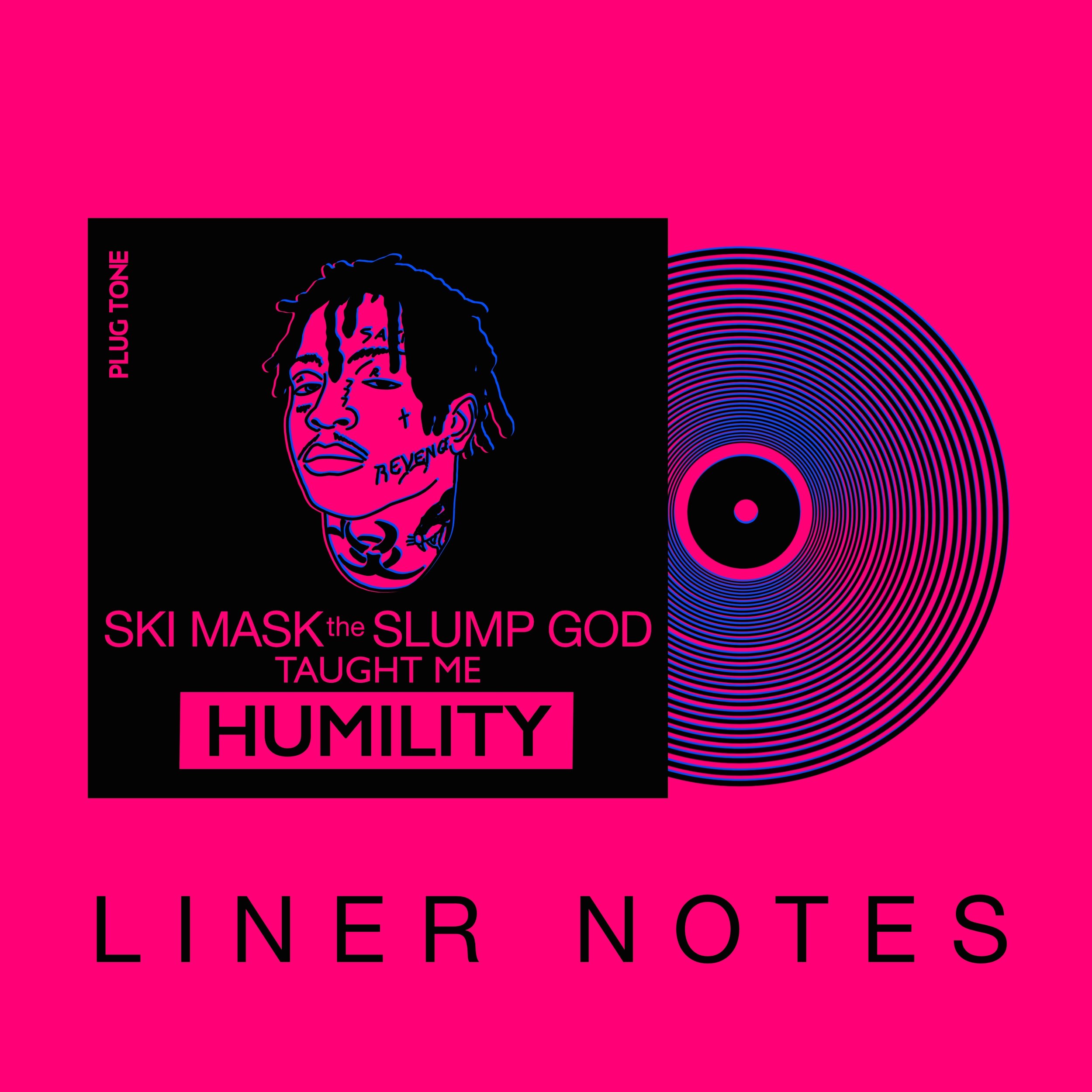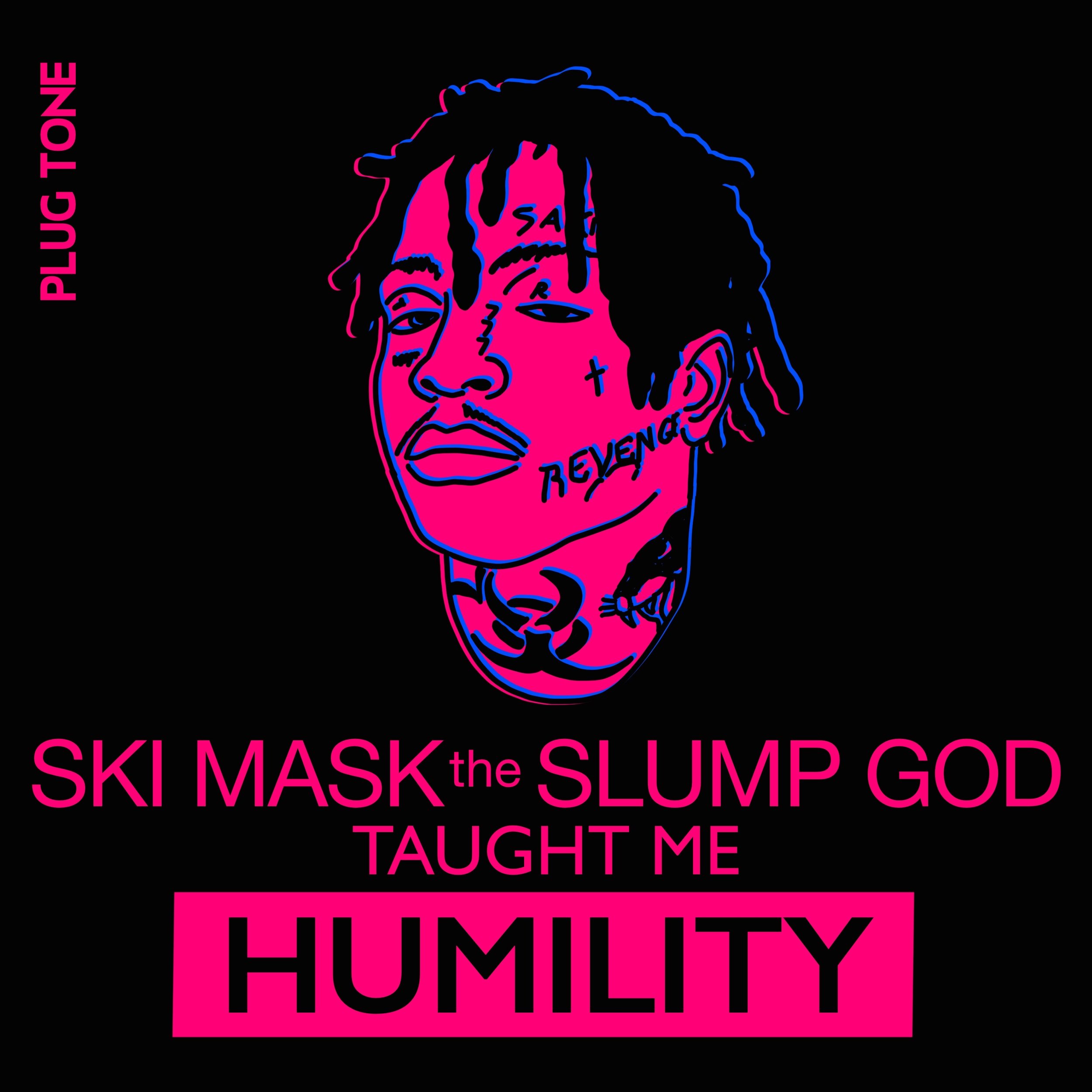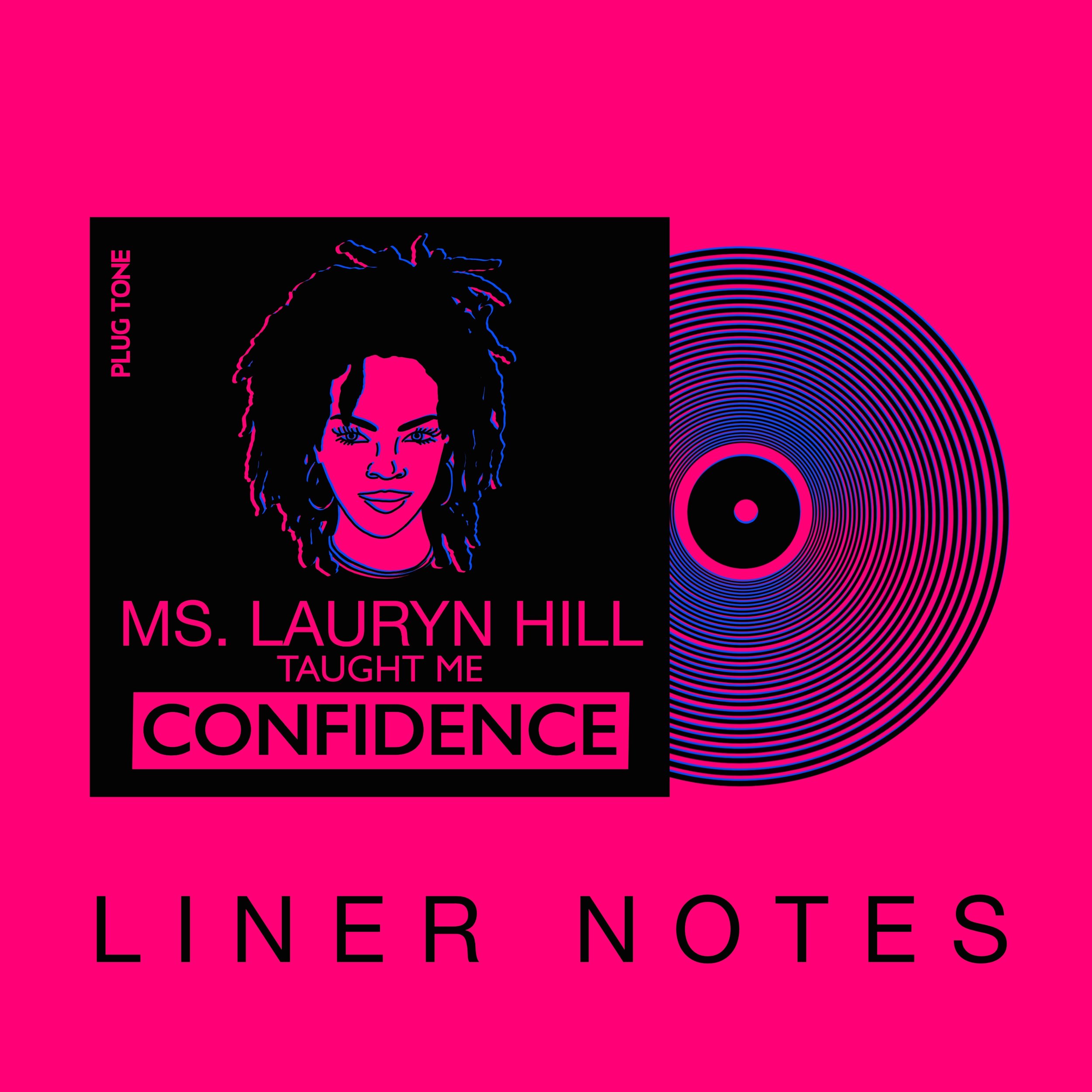Jay-Z Taught Me Business
2007.
On the set for “American Gangster”, a film about infamous Harlem drug kingpin, and snitch, Frank Lucas, Denzel Washington is arguing with producer Brian Grazer, pushing for Jay-Z to be the sole artist on the film’s soundtrack.
Grazer says he doesn’t believe that the recently retired - and more recently un-retired - rapper can pull off an authentic 70’s gritty street-life feel.
Ummm… ok.
But because Hov was president of Def Jam, and Def Jam was doing the official soundtrack, the film found its way to Jay.
And nearly immediately, with the film on repeat in the background, Jay would hole up in the studio, armed with memories of time served on street corners in ‘Reaganomics’-era New York, where he first learned not to write rhymes, but to construct them in his head - because what was a pen and pad to a dopeboy? He would emerge with a 15 track return to his roots that reminded us what he’d told us on his very first release:
Jay-Z Will. Not. Lose.
I’m Kris Hampton, and this is how Jay-Z Taught Me Business.
The first track we hear from these studio sessions is the Pharrell-produced “Blue Magic”, released a full month before the film. A little darker than what we normally expect from the Neptunes, this masterclass in hustle begins with a sample from another famous film:
We haven’t even heard Jay yet, but he’s already telling us how to do business. More precisely, he’s telling us how to create a business.
LESSON 1: Take a piece from this, a piece from that; pull in the valuable parts from this thing, too… stitch it all together, and you’ve created an entirely new monster.
At the time I had started my own business, one that would eventually become my career, parlaying some notoriety I had built as an emcee into an entirely different arena.
This new venture would require all of the skills that I had gathered through books, the streets, and - most important - independent hip hop, to be successful.
From outside it may have looked like one cohesive unit, but that’s only because I’d taken the time to hide the stitches.
I’m not a businessman,
I’m a business, man.
Lemme handle my business, damn.
The Hitmen, who produced nearly half of the album, said Jay would go into the booth armed only with a skeleton beat: drums and a main sample on a loop.
He’d rap over it, off top as always, and then on to the next one, leaving it to the producers to fill in the track with new patterns, live musicians, or more samples.
LESSON 2: Delegate. Do what you’re good at and then get the fuck out of the way so that your people can do what they are good at.
You already know what the business is,
Unnecessary commissary, boy, we live this shit.
They wanna bring the 80’s back,
That’s ok with me, that’s where they made me at.
These bars struck me. Like hip hop, or art in general, so often allows, I could pull a meaning out of it a little different than how Jay meant it.
Around ‘94 into ‘95, I spent some time paying for the mistakes of my youth.
At the 822-bed Queensgate Correctional Facility in Cincinnati, I watched some of the other inmates closely, particularly the ones who seemed to have endless commissary money coming in. Every week, they would run out of coffee by Wednesday.
So I bought extra. I didn’t even drink coffee.
On Wednesday, I sold it to the fiends for double. Traded lunch trays. I never had to ask for another commissary deposit again, and I was released with more than I was locked up with, which I promptly deposited into the accounts of a few people I knew needed it.
LESSON 3: Notice what people want and need. Provide it. Charge according to demand. Distribute it back to the ones who need it most. And always take care of yourself so that you can continue the cycle.
And I’m gettin’ it, I’m gettin’ it,
I ain’t talkin’ about it, I’m livin’ it.
I’m gettin’ it, straight gettin’ it,
Ge-ge-ge-get get get get get it, boy.
LESSON 4: Simple - do shit. Don’t just talk about it. You can’t get it if you don’t try it.
Of course, doing shit isn’t always as simple as it seems. It takes time to build something meaningful. There will be a lot of opportunities to chase something that seems easier. Fast money. More recognition. Quick Instagram likes.
But does it fit the mission? Is it profitable? Does it actually matter?
Don’t waste your time,
Fighting the life.
Stay your course,
And you’ll understand.
Interpolating from En Vogue’s 1990 hit “Hold On”, The Imperial Skateboard P gives us the next piece of wisdom.
LESSON 5: Stay the course. The grass will always be greener somewhere. Soon, you’ll get it.
Jay wraps up “Blue Magic” with perhaps the most poignant business lesson of the track. A lesson that is easy to forget after you’ve followed the others and found your success. A warning that, when not heeded, will almost certainly be your downfall.
D.A. wanna indict me,
Cause fish scales in my veins like a Pisces.
The Pyrex pot, rolled up my sleeves,
Turn one into two like a Siamese twin.
When it end, I’mma stand as a man,
Never dyin’ on my knees, last of a dying breed.
So let the champagne pop,
I partied for a while, now I’m back to the block.
LESSON 6: Someone will always be against what you’re building. It doesn’t matter. Roll up your sleeves and put the work in. Turn one dollar into two. Stand for what you believe in.
And then?
Celebrate. Let the champagne pop.
For a minute.
But don’t forget to get back to gettin’ it.
Thanks for listening to Hip Hop Taught Me Everything. This whole show - from imagery to writing to beats to the website to final mixes - is created by the two of us: Kris Hampton and Devin Dabney.
You can support the show by sharing it with all of your friends who love hip hop. Or podcasts. Even better, both.
We know that we aren’t the only ones out here who were raised by hip hop. If you’d like to tell us about a lesson you learned from your favorite song, to possibly be featured on a future episode, share it with us at My Story.











